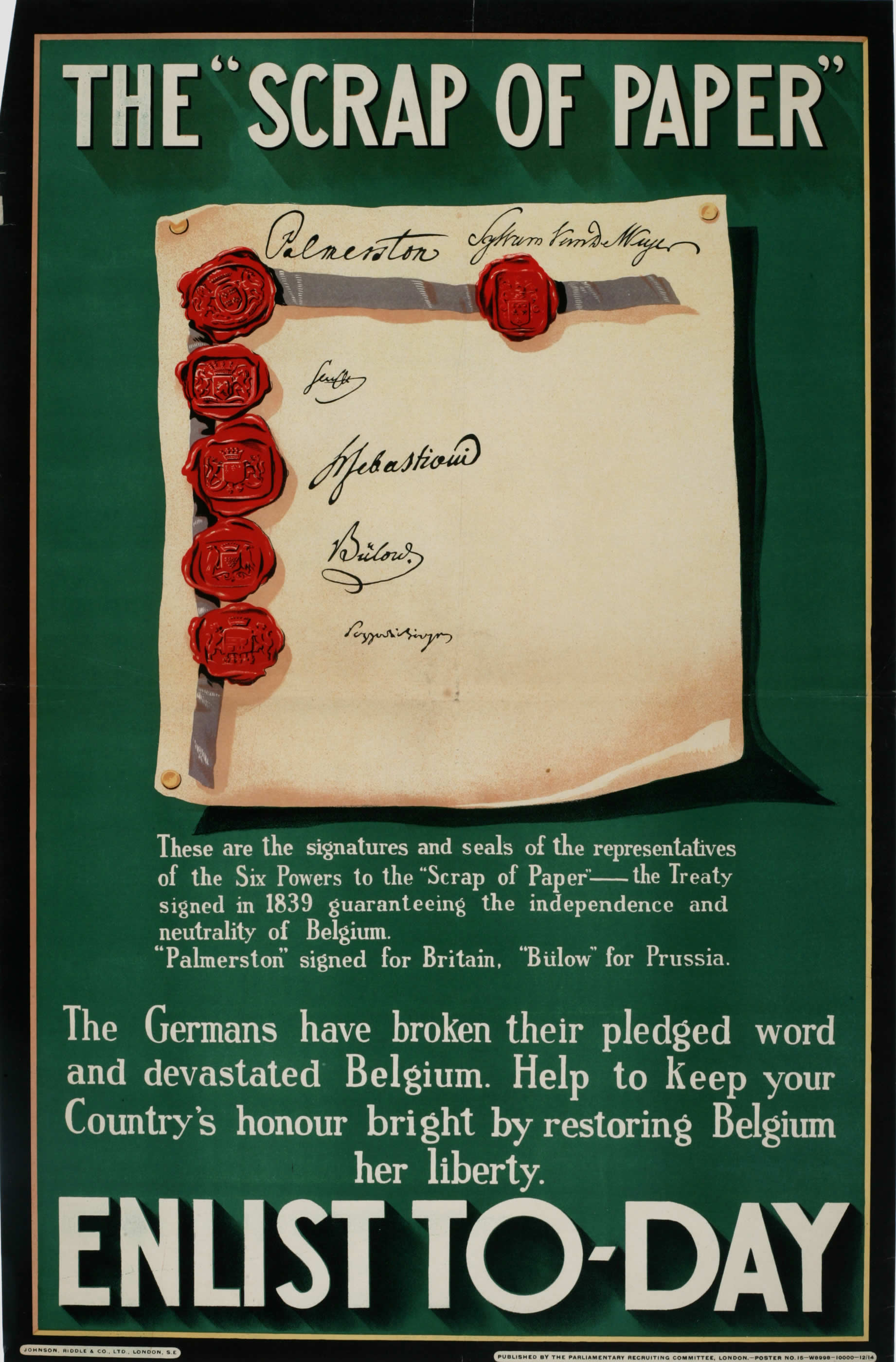I don't disagree with a word you say. I will point out, however, that you're taking an awful lot at face value. I would argue that 'horseshit" is something that is patently untrue. Both of those graphs are accurate. What they portray (accurately) is the disproportionate spending of the United States on the military. But graphs don't tell the whole story. After the defeat of the Spanish Armada, the British established a navy that, by design, could defeat any three other countries at once. The idea was simple: there was a keen unlikelihood that anyone could form a 4-country alliance and, as a sea-faring nation, the British could protect the homeland and their interests by ensuring that they could clobber the shit out of any group likely to come together. What you're seeing is an illustration that the United States wants a military strong enough to defeat literally everyone else. "Policeman"/"strongman" whatever. Whenever anyone talks about the United States and war, there is never any thought given to the idea that the United States might lose. I mean, sure - we "lost" Vietnam but that's because it was a police action with the goal of propping up a Catholic despot in the face of Communist insurrection. Had the goal been conquering Vietnam we would have had it under the jackboot in a month. This is the budget history of a country that wants to control any corner of the world immediately and unopposed. I don't know if you missed it, but the argument of the article is not that Europe owes the US support, but that the US doesn't owe Europe. Assume that the US becomes a Wilson-grade isolationist nation. Do we need enough military to conquer all other nations on earth simultaneously? Or just enough to take on Mexico and Canada? And the argument is that those proxy wars are irrelevant to Europe, and that the problems of the Near Abroad do not belong to the US. The argument put forth by Mr. Friedman is that no, we probably shouldn't be spending 3% of GDP in order to support a military that is grossly oversized for any future conflict. This is the core argument of antiglobalism, of which Trump is a key proponent. You're clearly angry. You're clearly justified in your anger. But you don't actually disagree with the article. WWI started because the British Empire and the Belgian Empire had a mutual defense pact. That the Germans were only interested in Belgium as a flanking action to bypass the lions' share of French defenses didn't matter; a "scrap of paper" is a "scrap of paper." Things went worse than expected. Thus the argument: treaties are things you have to abide by even when they're stupid. There is nothing in the NATO charter that says "mutual assistance if we feel like it." Which calls the whole treaty into question. Much as you're doing.This argument, and the accompanying graph, are fucking horsehit. How about this graph?


Is NATO obsolete? I don't know, does the US still have proxy wars with Russia, and do the former Soviet states still fear being subsumed back into Russia?
THEN it has the audacity to say that NATO didn't pull its weight after 9/11 because we all knew that the WMD's were bullshit and that the US was just going in after oil and to get rid of a leader that had worn out his usefulness.

